The God of War franchise has grown progressively more introspective and somber in its modern incarnations. While the original hack-and-slash God of War games are among PlayStation’s best, and still superb on the writing front, they are certainly more focused on the inherent spectacle of godly warfare than the emotional, familial dramas covered by many ancient religions.
God of War‘s 2018 reboot, alongside Ragnarok, takes steps in a different direction. Kratos is wiser and wizened now, having already lost his previous family through bloody conflict, and although he starts the 2018 game as rather cold and emotionally detached, he wants nothing more than peace for his last remaining son. Of course, fate has other plans, launching him into a new adventure fraught with peril, threatening to end his life in accordance with that ever-present ghoul, prophecy. What ensues in Ragnarok is a battle against fate itself, as Kratos, while not fearing death, is not ready to submit to it. On top of all this, he is tired, weary, and jaded, not wishing for further strife. These various characteristics are highlighted through the Death and the Logger story, one of the game’s many in-universe parables, pregnant with meaning.
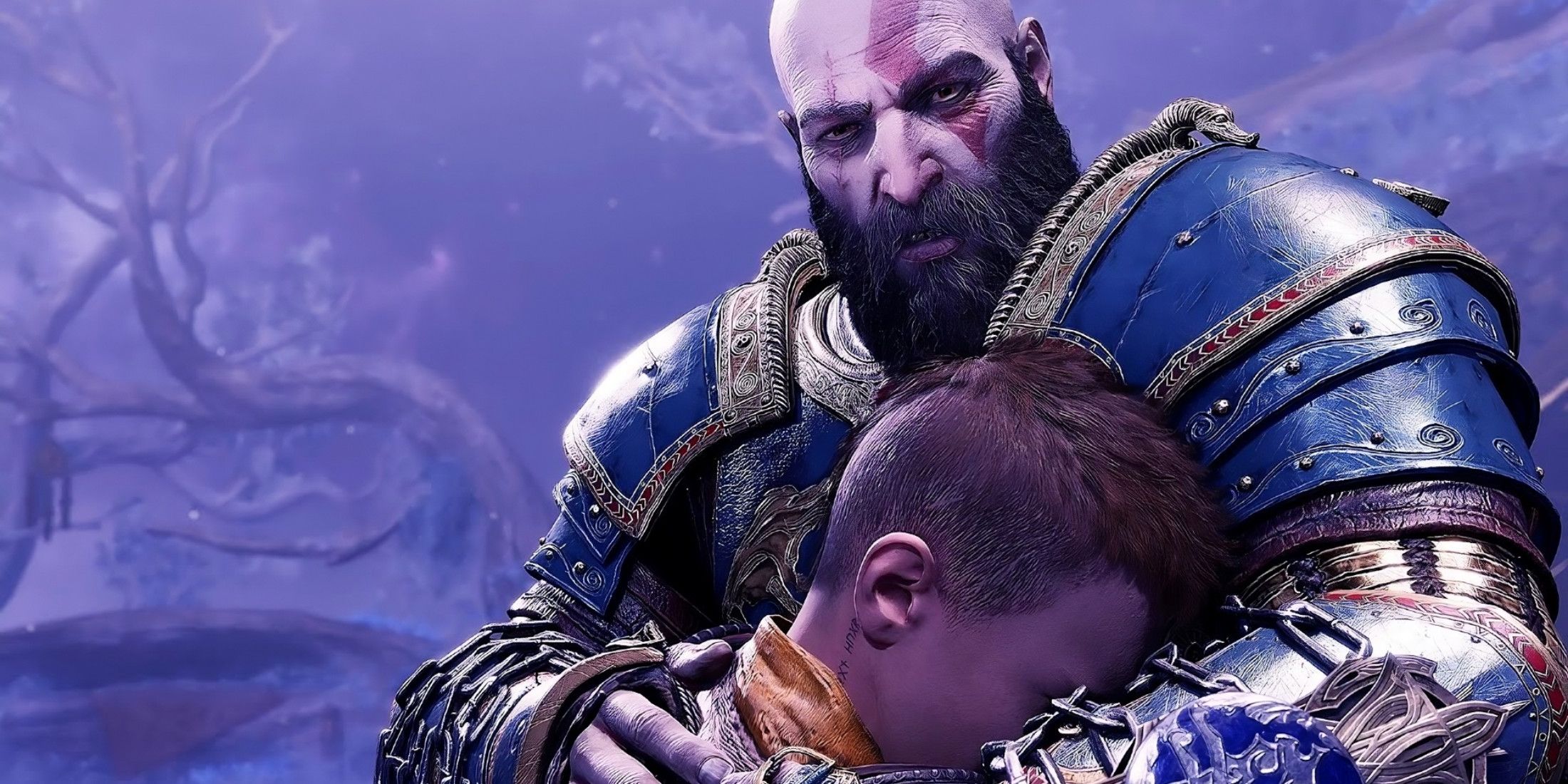
Related
God of War Ragnarok Has Forever Left Its Leading Men Between a Rock and a Hard Place
God of War seems to be setting up a two-pronged approach with its father-son protagonists, but things might be trickier than they first appear.
A Future God of War Game Needs an Atreus Version of Death and the Logger
The Death and the Logger Story Carries Heavy Weight in God of War Ragnarok
At one point during Ragnarok, when Atreus is having trouble falling asleep, Kratos regales him with an old story about an aging logger carrying lumber for his village day after day. Eventually, he grows too tired to go on and, unburdening himself of his lumber, calls for Death to take him. Kratos cuts the story short here, but it’s already obvious how it relates to God of War Ragnarok‘s story: the whole game builds up to the moment of Kratos’ death, as it was foretold at the end of the previous entry.
Kratos’ disposition also has quite a bit in common with the Logger’s, as he has lived a life defined by struggle, and surely tempted by the possibility of respite.
The story ultimately has an uplifting ending, as it’s revealed near the end of the game that the Logger, after encountering Death, decides that he wants to continue living. He asks for help carrying his logs, lessening his burden and allowing him to move onward. This unexpected ending puts a fine point on Kratos’ character arc across these two games, as he rejects death and prophecy through community, friendship, and trust. It’s one of many instances of multilayered storytelling in Ragnarok, and future games should reprise and evolve this narrative tool.
Why Atreus Should Have His Own “Death and the Logger”
The God of War franchise, pre- and post-reboot, hinges on its connection to mythology. In the real world, stories of godly pantheons and heavenly battles have long served to teach some sort of lesson or illuminate an aspect of the human psyche: Narcissus drowning while chasing his own reflection teaches the dangers of self-obsession, the tale of Sisyphus’ punishment conveys the hazards of betrayal, and so on.
Thus, similarly simple stories that connect to the more nuanced, modernized narratives of the God of War games themselves fit the series’ mythological backdrop, making it easier to believe that the events of the games are indeed part of some broader mystical world.
How such stories could be applied to Atreus’ rumored solo adventure would depend on his character arc and journey. Stories about finding oneself, braving new and terrifying challenges, or coming to terms with a complicated past, would all be potentially powerful inclusions in a future God of War title, helping to flesh out Atreus as he enters into young adulthood, and presumably far greater perils.
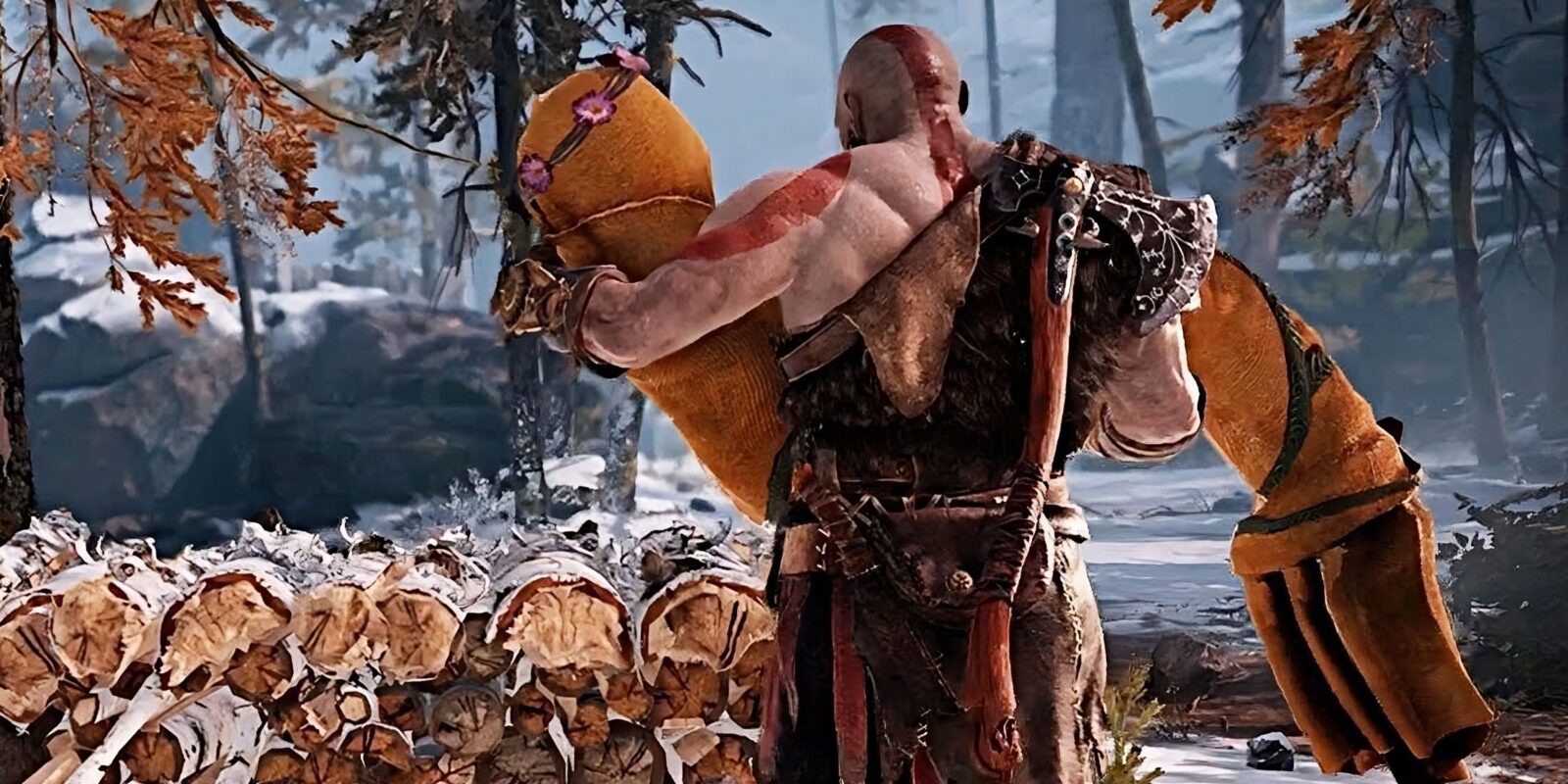
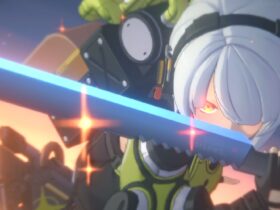
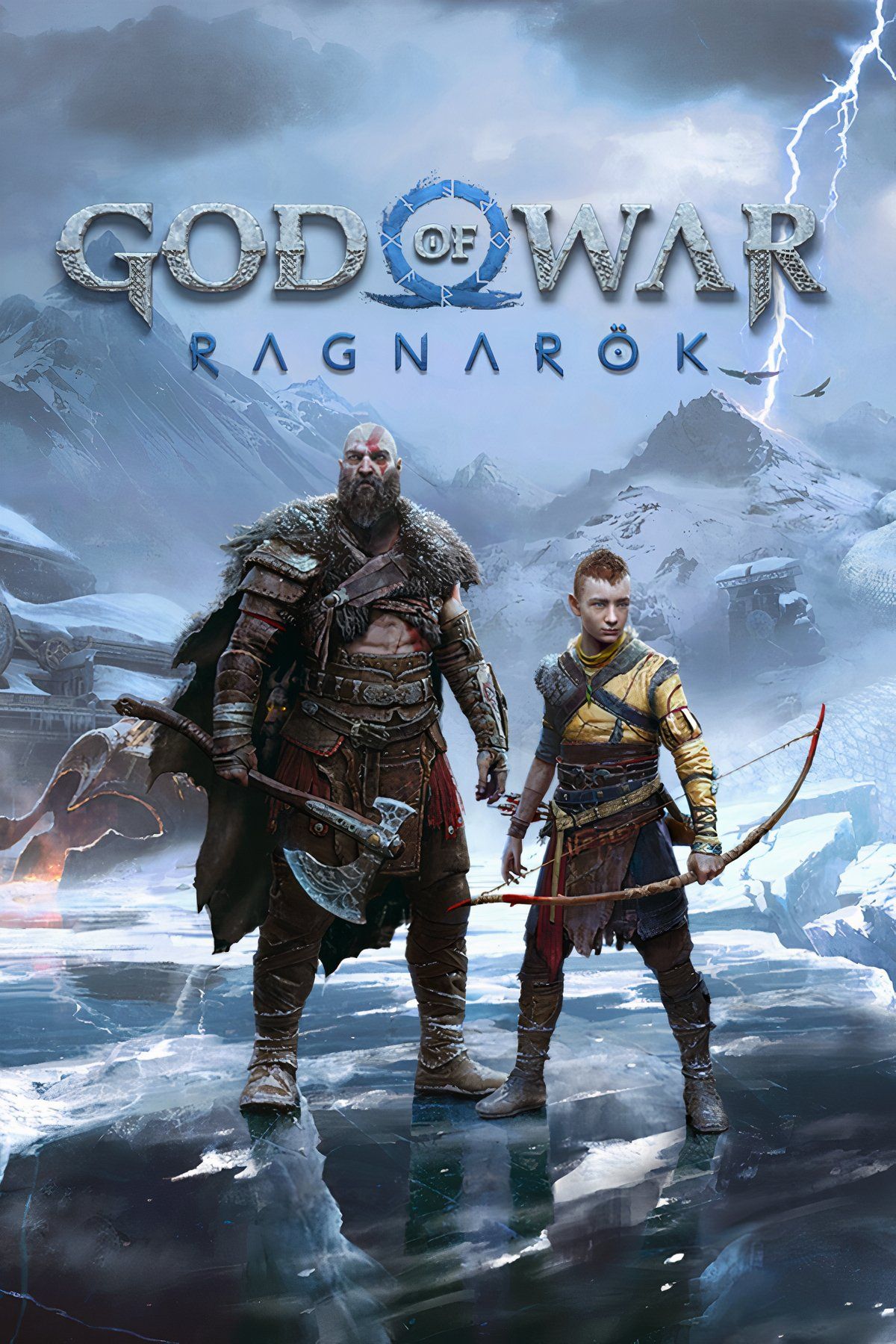



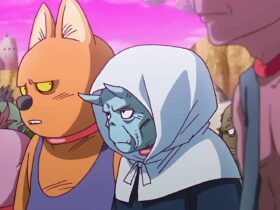
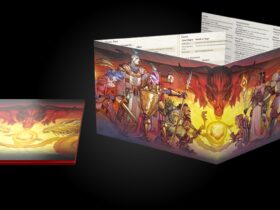
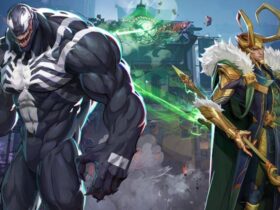

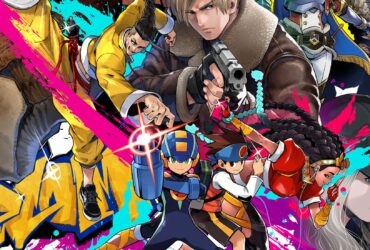
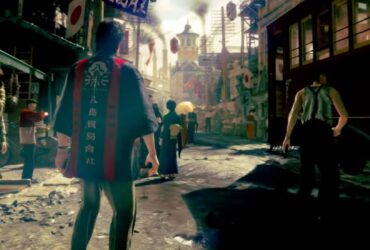
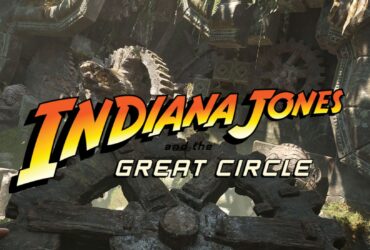
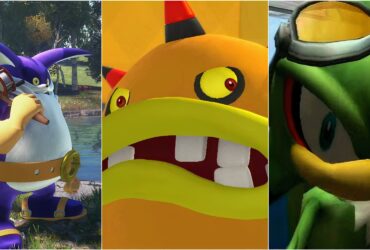
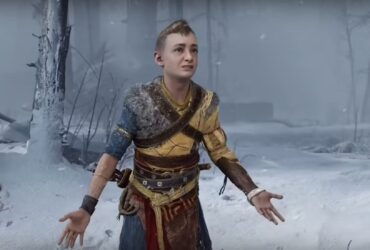
Leave a Reply